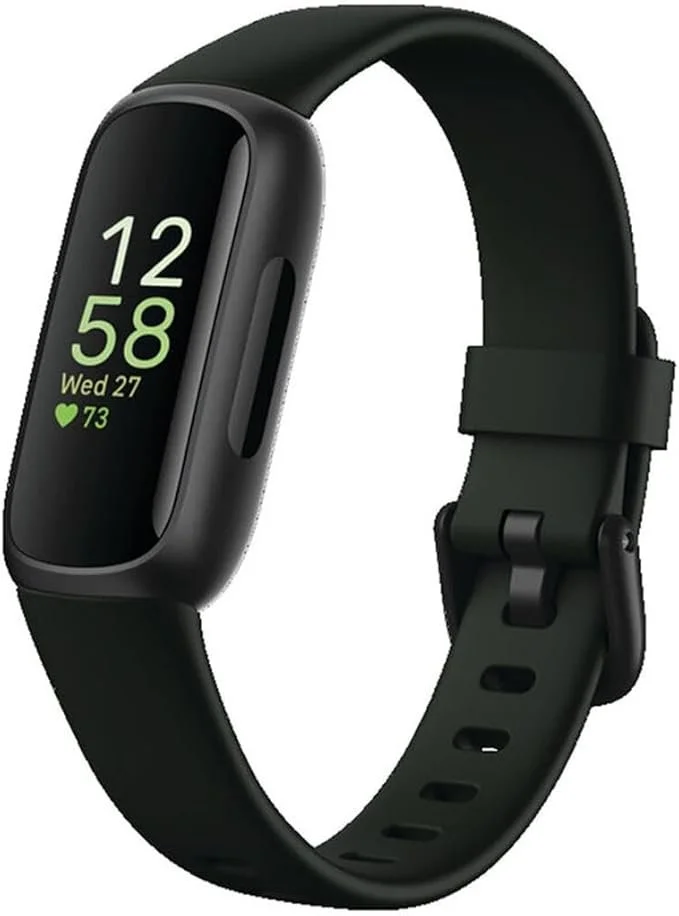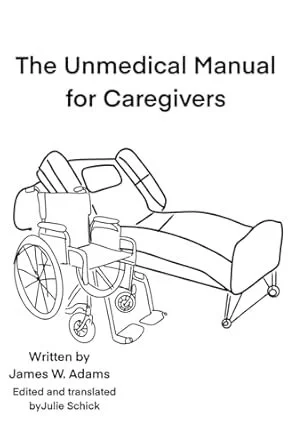The Ultimate Guide to Managing Fatigue After a Traumatic Brain Injury (TBI)
Caring for someone with a traumatic brain injury (TBI) can feel overwhelming, especially when one of the biggest challenges they face is fatigue. This isn’t just “being tired.” TBI-related fatigue can affect the body, mind, and emotions all at once—making even small tasks exhausting.
If you’re a family member or friend stepping into the role of caregiver, this guide will walk you through why fatigue happens after TBI, how to recognize it, and what practical steps you can take to help.
Understanding Fatigue After a Traumatic Brain Injury
After a TBI, the brain is literally working overtime to heal. Everyday tasks like walking, focusing on a conversation, or remembering instructions can drain energy much faster than before the injury.
Fatigue may look different day to day, and it doesn’t always improve with a good night’s sleep. It’s one of the most common—and most frustrating—symptoms caregivers encounter.
Why Fatigue Happens: Physical, Mental, and Emotional Factors
Physical Strain – Muscles may be weaker, balance is harder to maintain, and even standing can take extra effort.
Cognitive Load – Thinking, concentrating, and remembering require more brainpower, which drains energy quickly.
Emotional Stress – Anxiety, frustration, or depression after a TBI can leave someone feeling exhausted.
Common Signs and Symptoms of TBI-Related Fatigue
Struggling to focus or stay on task
Needing frequent naps or rest breaks
Sudden irritability or mood changes
Slower response times in conversations
Physical heaviness or lack of motivation
Types of Fatigue Caregivers Should Recognize
Not all fatigue is the same. Knowing the difference can help you respond better.
Mental Fatigue: When the Brain Tires Out Quickly
This shows up as trouble concentrating, zoning out, or forgetting mid-task. A quiet environment and shorter tasks can help.
Physical Fatigue: Simple Tasks Take More Energy
Walking across the room or lifting utensils may feel draining. Breaks and adaptive tools (like a walker or lightweight utensils 👉 Click here) can reduce strain.
Psychological Fatigue: Motivation and Mood Challenges
This is the “I just can’t do this today” feeling. Emotional support, routine, and encouragement can make a difference.
Practical Strategies to Manage Fatigue After TBI
Establishing Rest and Activity Balance
Alternate activity with breaks. A short walk followed by rest works better than pushing through.
Energy Conservation Techniques for Daily Life
Prioritize the most important tasks first
Break tasks into smaller steps
Use timers to avoid overexertion
Nutrition and Hydration to Support Recovery
Balanced meals and proper hydration improve energy. Small, frequent meals may work better than heavy ones.
Exercise and Gentle Movement to Build Stamina
Light exercise, like stretching or short walks, supports recovery—but should be balanced with rest.
Caregiver Tips: Supporting Without Overwhelming
Recognizing Early Signs of Exhaustion
Look for irritability, slower speech, or confusion—these may signal it’s time to stop and rest.
Encouraging Breaks and Pacing
Suggest short rests before fatigue becomes overwhelming. Even 10–15 minutes of downtime can help.
Creating a Fatigue-Friendly Home Environment
Quiet, clutter-free spaces
Comfortable seating for breaks
Dimming lights or using blackout curtains for rest
Helpful Products for Fatigue Management
Practical tools can make caregiving easier while supporting recovery.
Weighted Blankets – Promote deeper, calmer sleep (👉 Click here).
Sleep Trackers & Smartwatches – Help monitor rest patterns and daily activity (👉 Click here).
Light Therapy Lamps – Boost alertness during the day (👉 Click here).
When to Seek Professional Guidance
If fatigue worsens over time, interferes with daily life, or comes with new symptoms (like dizziness, headaches, or sudden mood swings), it’s time to connect with a healthcare provider.
Final Thoughts
Managing fatigue after a TBI is a marathon, not a sprint. Small adjustments—structured rest, energy-saving tools, and caregiver awareness—can make a huge difference.
👉 If you found this helpful, my book The Unmedical Manual for Caregivers covers these strategies (and more) in greater depth. Click here to grab your copy today.
Disclaimer
This article is for educational purposes only and is not intended as medical advice. Always consult a qualified healthcare professional before making changes to treatment, medication, or care routines.
Other pieces that may be helpful for Caregivers when working with someone recovering from a TBI.





